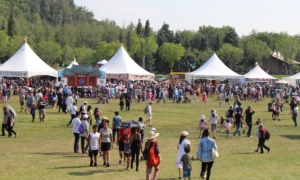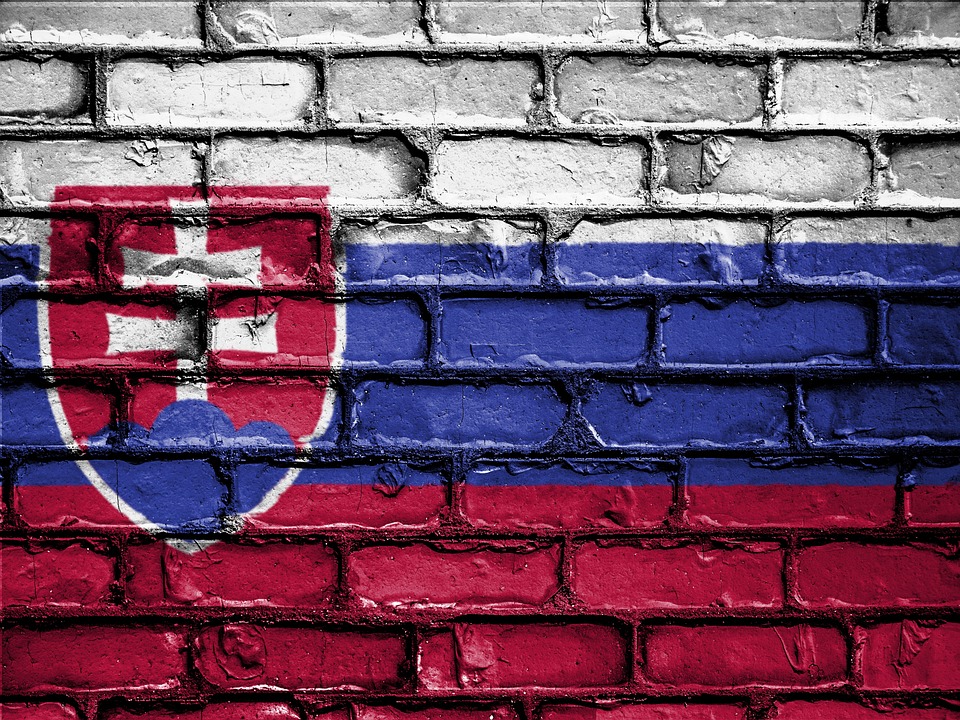
Commentary
Will Canada ever learn from its own mistakes? The years of apologies and reparations for the historical mistreatment of Canadian immigrants during times of war appear to have been forgotten as we quietly allow prejudice to form around Russian Canadians.
Canada has a rich history of inviting and welcoming immigrants from all parts of the world. Festivals are held where Canadians of every background can share and celebrate their cultural traditions. There is no better way to sample the cuisines, view the traditional attire and dances, and directly interact with Canadians of different national descent than at festivals.
Children and adults alike can learn more about their neighbours, and the nations they or their ancestors came from, at a festival pavilion in 15 minutes than they could with reading books or in history classes.
All those benefits and good intent were thrown to the wayside when the Edmonton Heritage Festival decided to ban the Russian pavilion from taking part in this year’s event.
Canada has over 600,000 citizens of Russian descent. Most of them reside in the Prairie provinces where Russian immigrants settled on farms, many of them fleeing tyranny. They were integral to the development of the West and their descendants are model citizens of Canada.
It is embarrassing and abhorrent that we are allowing the fallout from the current war in Ukraine to land on Canadians of Russian heritage.
Many Canadians are of Ukrainian heritage, and their heart rightfully aches for their homeland being invaded by Russia. But the Russians who crossed the planet to make a new life in Canada are not to blame for any decision that the current leader in Russia is making. And they have a right to celebrate their rich heritage, like all other Canadians.
Having a Russian pavilion at the Heritage Festival was more important than ever this year. It would have offered Canadians of Russian descent the chance to interact with others and show they can celebrate their heritage with pride while not supporting the actions of Russia’s government today. The pavilion wouldn’t have been political, and it was never intended to be.
In banning the Russian pavilion, the people on the festival committee have fostered further division. Canadians of Russian descent feel victimized and shamed by a country they have chosen to call home. People attending the festival will not have the chance to meet and interact with people of Russian heritage and erase prejudices.
The absurdity of punishing people who had nothing to do with the war isn’t just at festivals. Last year, the Montreal symphony orchestra cancelled the performances of 20-year-old piano virtuoso Alexander Malofeev in response to the war in Ukraine. How does depriving a young man of the opportunity to play and of local audiences to enjoy his talent serve the war effort in any way?
Acts of intolerance and xenophobia carried out against Canadians of Russian descent should be called out and halted. Sadly, the silence is deafening.
Some of Canada’s most shameful national acts have been in how it has treated its own citizens in times of war, such as the internment of Japanese Canadians during World War II. In World War I, tens of thousands of Ukrainian Canadians were forced to register as “enemy aliens” and were treated as criminals. Others were interned.
While nobody is talking about rounding up Canadians of Russian descent and putting them in camps, the sentiment in punishing those Canadians for the actions of their former country is the same and just as odious. Even though the Canadian government isn’t directly committing acts of prejudice against Canadians of Russian heritage, it isn’t exactly speaking up against those acts either.
We should be embracing and bonding with our citizens of Russian and Ukrainian descent right now instead of acting to divide them. Canada is supposed to be a sanctuary from foreign conflicts.
History will not look kindly on the prejudice being shown toward Canadians of Russian heritage right now.
If any country should know better, it’s Canada.
Views expressed in this article are the opinions of the author and do not necessarily reflect the views of The Epoch Times.

















































